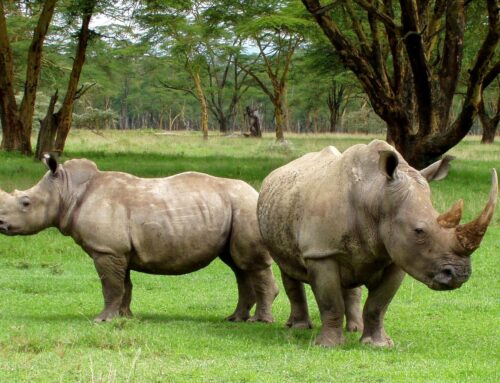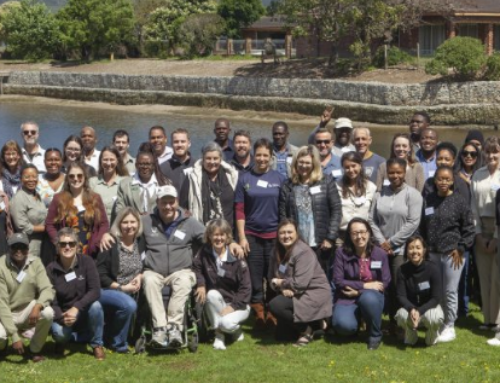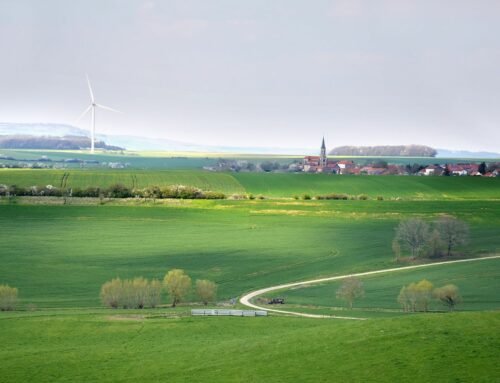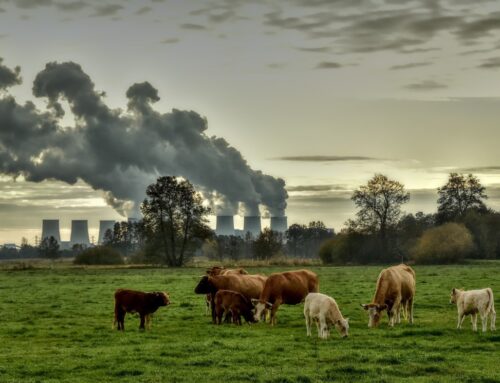Participatory Action Research in Social-Ecological Systems:
Principles and Practice when Working with Communities
Dates: 1 November at 16:00 until 2 November 17:30
(before the PECS2015 Conference, www.pecs2015.org)
Venue: Stellenbosch Institute for Advanced Studies (STIAS), 10 Marais Street, Stellenbosch
Facilitators: Christo Fabricius with Dirk Roux; Maria Tengö; Franck de Saint Simon;
Karen Esler and others
Background
Scholars of the dynamics and interactions of ecosystems and society are beginning to appreciate the value of local and informal knowledge and the need to share information with stakeholders. People’s participation is therefore not only desirable but essential and can take the form of information sharing; consulting with people; involving people in project design and conceptualization and data collection; and empowering people to conduct their own studies and processes. This raises ethical and methodological challenges such as respecting people’s dignity; ensuring the reliability of data and information; acknowledging intellectual property rights and data ownership; and positively impacting the lives of people involved in the research (not just ‘doing no harm’).
Researchers now realize that their knowledge and skills in interacting with ‘society’ is deficient or incomplete. Many have expressed a need to learn more about it through the practice of participatory research, but also through learning events where the theories and practice of participatory research can be shared. While previous training courses and workshops have contributed to knowledge development in social-ecological systems research, there is a need for a learning event which focuses specifically on the challenges and opportunities in linking local resource users, regional stakeholders and decision makers to research processes.
This learning event, aimed at post-graduate students and early-career researchers, responds to that need.
Proposed outcomes
The knowledge outcomes of this short workshop are to:
- Gain a better understanding of the theories of participatory learning and action, the ethical guidelines and principles being used in other disciplines, and the value of functional participatory research for studies of ecosystem change and society.
- Share information and learn from the techniques and experiences of others.
- Identify actions and activities to promote further learning.
The important ‘softer’ outcomes of the workshop will be to strengthen a network of scholars interested in ecosystems and society, using a social-ecological systems research approach.
A handful of experienced researchers will make short presentations about relevant contemporary conventional practices, innovations and challenges. Presentations will be followed by small group discussions by 4-5 participants which will be documented on flip-charts, shared and compared in small dialogues, followed by role-playing games.
The workshop will be structured as five sessions or modules, each building on the previous one. Participants will be encouraged to bring their own knowledge and insights to the workshop and asked to prepare lists of challenges and solutions they have experienced, or have read or thought about.
Programme
| DAY | MODULE | ACTIVITY |
| SUNDAY
1 Nov. |
16:00-17:30 | Introductions and brief presentations by participants (3 min. each) to introduce themselves, share their challenges, solutions and innovations as well as relevant and applicable theories they have been exposed to.
Keynote presentation: Challenges, theories and break-throughs in participatory action research. |
| 17:30 | Eats and drinks | |
| MONDAY
2 Nov. |
08:30 | Tea/coffee
Discussion of Expectations and Challenges Presentation 2: Ethical principles in participatory action research (15 min) Dialogue 1 (in break-out groups). How is community engagement in SES research conventionally approached (by most researchers)? What are commonly the consequences for people who participate? What are the consequences for our research? What must change? (60 min) Role playing game (30 min) |
| 10:45 | Tea/coffee | |
| 11:00 | Presentation 3: Experiences in learning with stakeholders (15 min)
Dialogue 2: What are possible new ways of thinking and doing? Which methods, toolkits, handbooks and electronic resources are available? Which novel methods can we experiment with? (60 min) |
|
| 13:00 | Lunch and informal discussions | |
| 14:00 | Presentation 4: The magic of dialogue. Time to listen, time to think, time to learn and adapt (15 min)
Dialogue 3. Things to do. Actions and activities to promote learning about working with communities (90 min) Role playing game (30 min) |
|
| 16:00 | General discussion. Insight-sharing and discussion.
Plenary: the way forward. Things to try, things to do, things to document (90 min) |
Please fill out the application form by 25 September 2015 and send it to info@sapecs.org to apply for the event. There are no registration fees, but participants will be responsible for arranging and covering their own accommodation and transport.
Successful applicants will be informed by 30 September.
SAPECS Learning Event application form












